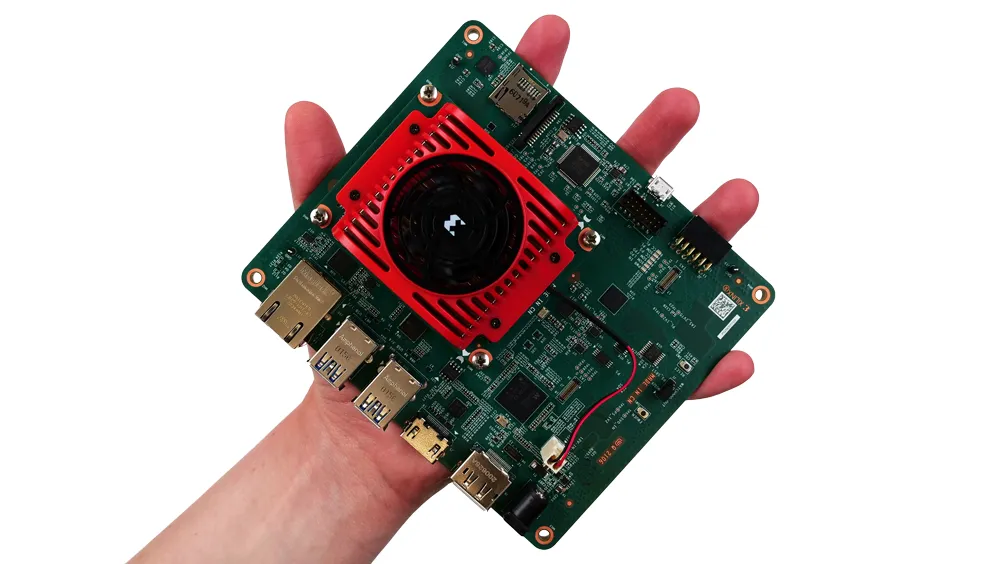The Finnish Measurement, Monitoring and Environmental Efficiency Assessment (MMEA) research program, which aims to develop compatible, interoperable environmental measurement systems and new tools to improve energy and material efficiency in processes and infrastructure, is proving beneficial to
Vaisala is a member of the MMEA, which also aims to create partnerships enabling member companies to expand their activities and to offer products and services, ranging from individual measuring devices to data collection and information services.
The MMEA program develops new measurement technology and carries out research that is beneficial to its members and end users. However, the key issue is that those members are able to use the technology platform built within the program in their own products, which will accelerate the launch of new information service products on the market.
“The objective of the MMEA program is to develop products that integrate sensors, measurement systems, data collection and management systems, and solutions in order to produce information in support of decision-making,” explains Vaisala technology Manager Heikki Turtiainen. “For example, our latest information service applications for aviation and road weather are based on a platform developed within the MMEA program,” he says.
Finnish research program aids Vaisala's product development
The Finnish Measurement, Monitoring and Environmental Efficiency Assessment (MMEA) research program, which aims to develop compatible, interoperable environmental measurement systems and new tools to improve energy and material efficiency in processes and infrastructure, is proving beneficial to Vaisala’s product development.
Vaisala is a member of the MMEA, which also aims to create partnerships enabling member companies to expand their activities and to offer products and services, ranging from individ
August 20, 2014
Read time: 2 mins










